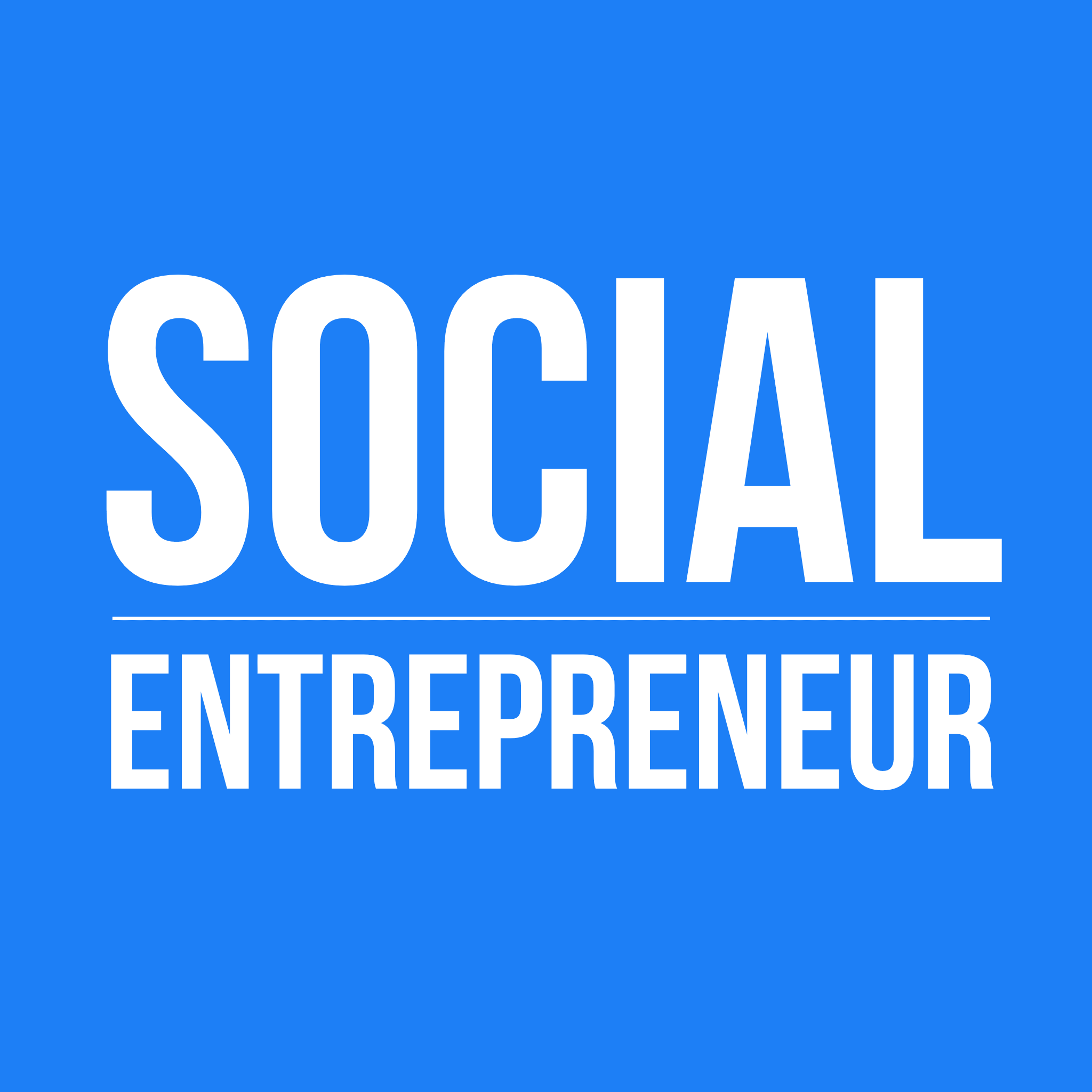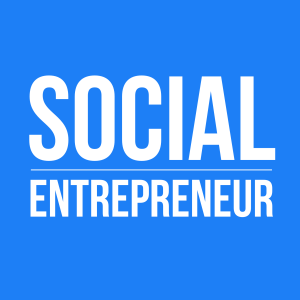
Advocacy Through Industry, with Raan and Shea Parton, Apolis Global
 2017-10-23
2017-10-23
Brothers Shea and Raan Parton grew up privileged in Southern California. To ensure that the boys would have a better understanding of reality, their parents provided Raan and Shea with the opportunity to travel a great deal. Seeing how the rest of the world operates afforded the boys a perspective shift, and this early experience of diverse cultures made them comfortable enough to eventually move from the passive role of traveler or tourist to participant: “The most rich way to experience places or cultures is to be working there and to be part of it.”
The Parton brothers had already started shipping their first orders as a side project while Shea was still in high school and Raan in college. After graduation, they moved to Los Angeles and the business became their full-time endeavor. Raan and Shea created Apolis—meaning “global citizen”—with the notion that all people are created equal and should have equal access to the global market.
To explain this component of the business, Raan extends the “teach a man to fish” analogy. He explains that in third-world economies, there are plenty of well-trained fishermen who may not have “the right bait or a large enough pond.” Thus, Apolis seeks to empower these artisans with access to the supply chain.
The second piece of Apolis’ mission involves equipping global citizens with products that are travel-minded and well-designed. A socially motivated lifestyle brand, Apolis operates on the idea that we should have fewer, better products in our lives. As Creative Director, Raan’s focus is on design, while Shae’s efforts as CEO center around business operations and the supply network.
How do Raan and Shae ensure that their business doesn’t contribute to the exploitation of workers or environmental damage that makes textiles the “second dirtiest industry behind oil”? Apolis employs third-party accountability through B Corp, a certification program that holds companies to high environmental and social standards. Within the new culture of product with a purpose, B Corp scores that are visible and transparent function to hold the industry accountable.
Beyond the B Corp audit, Apolis is working to accelerate social change through free-market capitalism. Their model of “Advocacy Through Industry” reflects a revolutionary way to address worldwide epidemics like poverty and labor with job creation. For example, Apolis produces 200,000 units of its market bag. This allows them to provide fair trade wages, an annual profit dividend, as well as a retirement fund for the mothers in Bangladesh who handcraft the bags.
The market bag plant in Bangladesh has had an incredibly positive impact on its community of 200,000. In fact, the six-story studio is the top job creator for the garment industry in the Saidpur region, pumping out 10,000 units per month.
Though Apolis receives between one and three artisan opportunities per day, the company only chooses to move forward with about one in 100. Using job creation as their metric for success, Raan and Shae are realistic about what can be sustained for a long period of time. While other social enterprises simply try to import handicrafts into a first-world economy, Apolis selects projects that are scalable and products that are quality: “Design is everything.”
Apolis prides itself on having the vision to reinterpret a material story or skill set to a different product execution that will resonate with the global design community. The company’s strength lies in bringing momentum to a new product, releasing it with the support of the best retail stores and publications in hubs like Paris, Tokyo, and Hong Kong.
Shea’s surprising advice to early stage entrepreneurs? “Don’t do too much good.” He argues that one must be shrewd about building a successful, sustainable businesses rather than trying to do too much, too soon. Raan suggests that new social entrepreneurs working with small cooperatives consider their own motives: “A lot of these places don’t have business experience, and they get very excited … to have first-world partners, [so taking] the lead on how to keep their best interests in mind is super-crucial.”
Social Entrepreneurship Quotes from Shea and Raan Parton“There are plenty of well-trained fishermen. They often don’t have the right bait or a large enough pond in these third-world economies.” @Apolis @sheaparton @raanparton
“We believe all people are created equal and should have equal access to the global market.” @Apolis @sheaparton @raanparton
“[The textile industry] is the second dirtiest industry in the world behind the oil industry.” @Apolis @sheaparton @raanparton
“[Our parents] saw travel as the ultimate education of perspective-building and real-world experience.” @Apolis @sheaparton @raanparton
“[Travel] demystified these cultures … we thought instead of being just a spectator, we saw an opportunity to be a participant.” @Apolis @sheaparton @raanparton
“The most rich way to experience places or cultures is to be working there and to be part of it.” @Apolis @sheaparton @raanparton
“We were shipping our first orders when I was in high school and Raan was in college.” @Apolis @sheaparton @raanparton
“Every social entrepreneur fantasizes about doing so much good that they’re out of business in the first year.” @Apolis @sheaparton @raanparton
“Be shrewd about doing good versus being in business for a long period of time.” @Apolis @sheaparton @raanparton
“Surround yourself with people that … believe more in your sanity than your creativity.” @Apolis @sheaparton @raanparton
“A lot of these places don’t have business experience, [so taking] the lead on how to keep their best interests in mind is super-crucial.” @Apolis @sheaparton @raanparton
“Look at your immediate skill sets, the things that you like to do, and figure out how to tactfully do them with some purpose—tomorrow.” @Apolis @sheaparton @raanparton
“[Don’t] make it seem so hard to make an impact in your community, specifically with the skill sets that are at your fingertips. @Apolis @sheaparton @raanparton
Social Entrepreneurship Resources: Apolis Global: https://www.apolisglobal.com/ Apolis on Facebook: https://www.facebook.com/pages/Apolis/115822450933 Apolis on Twitter: https://twitter.com/apolis/ Apolis on Instagram: https://www.instagram.com/apolis/ Apolis on Vimeo: https://vimeo.com/apolis/ Book: Crazy Good Advice: 10 Lessons Learned from 150 Leading Social Entrepreneurs: https://tonyloyd.com/bookMore Episodes
Create your
podcast in
minutes
- Full-featured podcast site
- Unlimited storage and bandwidth
- Comprehensive podcast stats
- Distribute to Apple Podcasts, Spotify, and more
- Make money with your podcast
It is Free
- Privacy Policy
- Cookie Policy
- Terms of Use
- Consent Preferences
- Copyright © 2015-2024 Podbean.com






